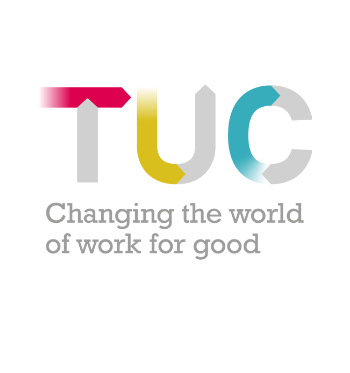Putting Brexit to the test
In leaving the EU, the TUC believes that the government should not rule out options for the eventual deal too early. We believe that the government is profoundly wrong to rule out continuing membership of the single market and customs union.
The TUC has developed five tests against which we think any future arrangements need to be judged. These are
- Protecting jobs through frictionless trade in goods and services
- A level playing field for workers’ rights
- Dispute resolution and supervision for labour, consumer and environmental standards
- Giving workers a say
- Protecting the Good Friday Agreement
Assessing the options put forward so far against the TUC's five tests strongly suggests that we must seriously consider membership of the EEA for our relationship with Europe from outside of the European Union.
To address the issue of the Northern Ireland border might also require taking advantage of the provision under the EEA agreement to cover agriculture and food. That's the best option to protect workers' jobs, rights and livelihoods.
Recommendation: The Prime Minister should bring together a much broader negotiating team. A ‘Team UK’ is needed that includes representation from the main UK political parties, the UK’s national governments, trade unions and business. It would improve the focus on the realities of the negotiation, and the necessary trade-offs and compromises. And it would allow fair and sensible prioritisation of the needs of working people: protecting jobs, protecting investment and protecting rights at work.
The Brexit negotiations are moving towards the next stage. If the European Council considers that sufficient progress has been made on the withdrawal negotiations currently underway, it will adopt a mandate for the next stage of negotiations.
Initially, that will probably cover the transitional period that almost everybody agrees will be needed after Britain formally leaves the European Union in March 2019. But after that, serious consideration will need to be given to the shape of the eventual relationship between the UK and the EU. This report sets out the TUC's five tests against which we think any future arrangements need to be judged. They are based on the approach adopted at the 2017 TUC Congress, in Making a jobs-first, rights-first Brexit a reality and also on the statement adopted in March 2017 by the European Trade Union Confederation at its Executive Committee meeting in Malta.
Decent quality jobs on fair pay need to be protected through a frictionless, tariff-free, barrier-free trade deal covering goods and services. Rights for workers in Britain should be maintained and enhanced, and should at least not fall behind the rights which apply in workplaces across the EU. There needs to be a process for resolving disputes both about trade and workers' rights, and workers should have a say over the matters that affect them. And we must ensure that any future relationship preserves the Good Friday Agreement and provides peace and security in Northern Ireland and Ireland. Finally, any agreement needs to ensure that migration can be managed better, and democratic decisions about the economy and public services can be implemented.
Stay Updated
Want to hear about our latest news and blogs?
Sign up now to get it straight to your inbox



